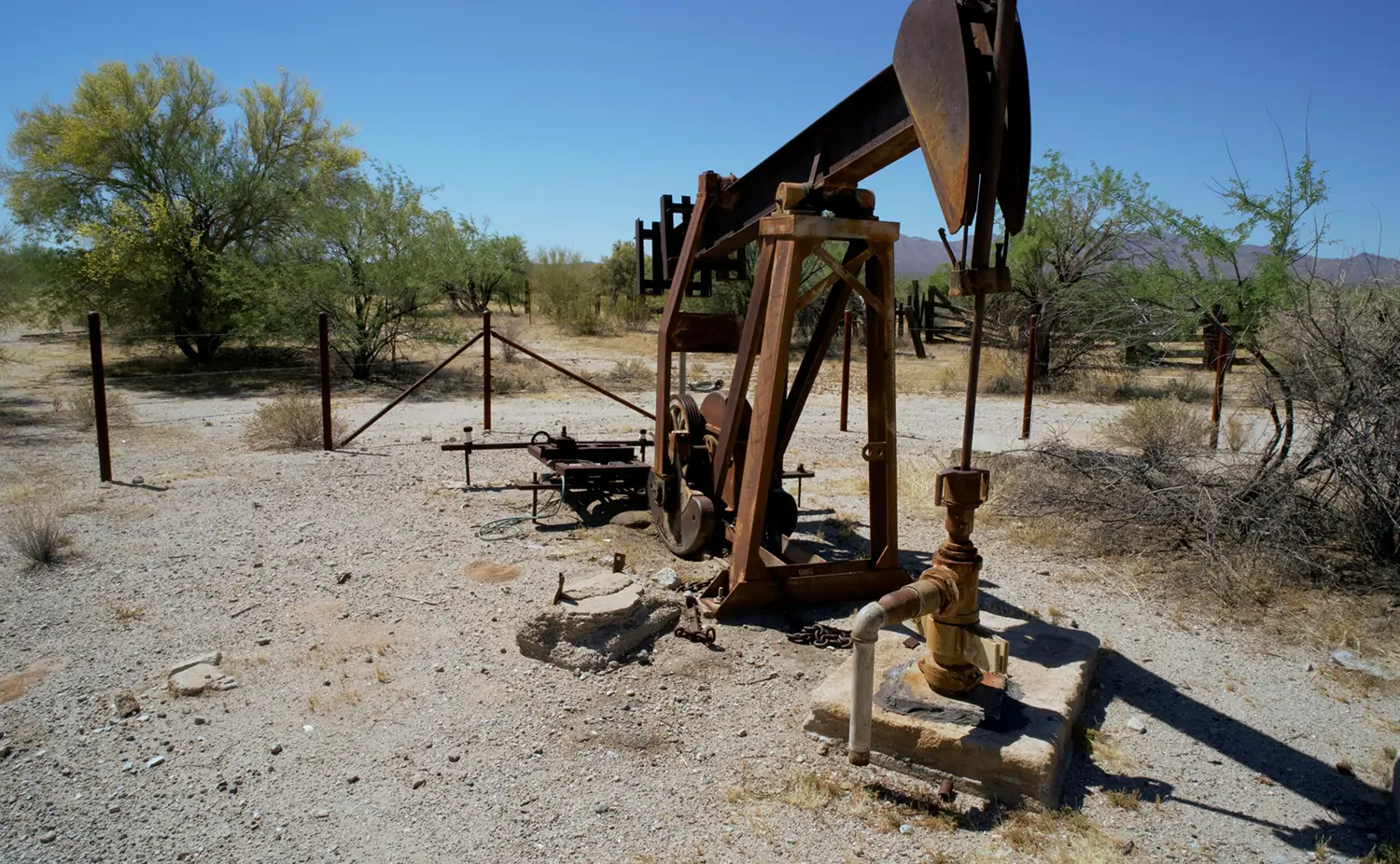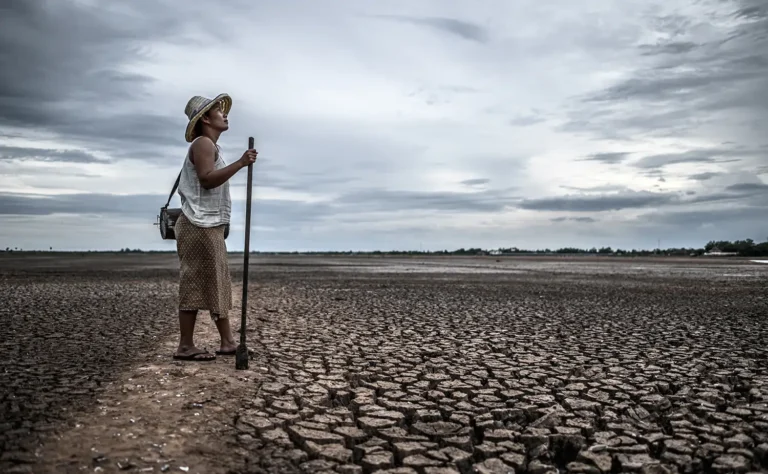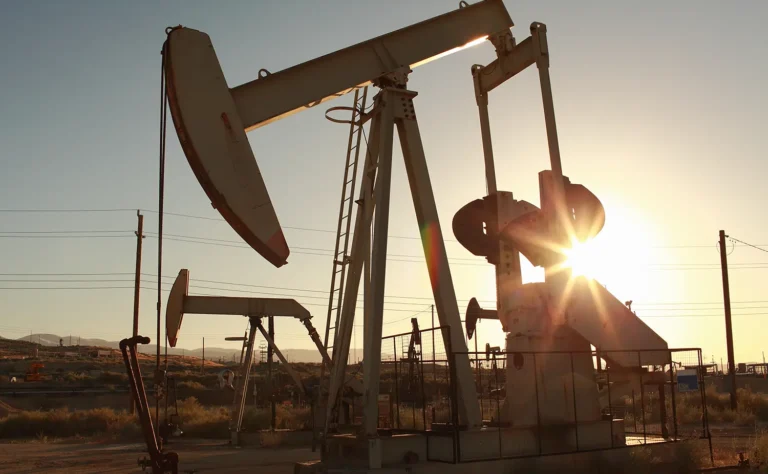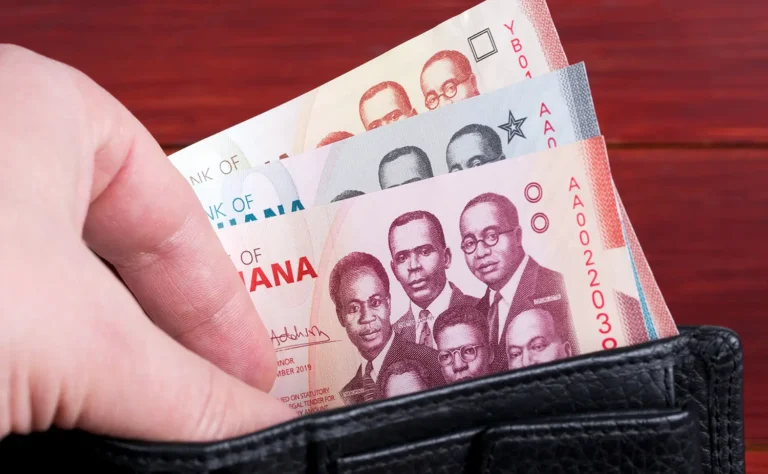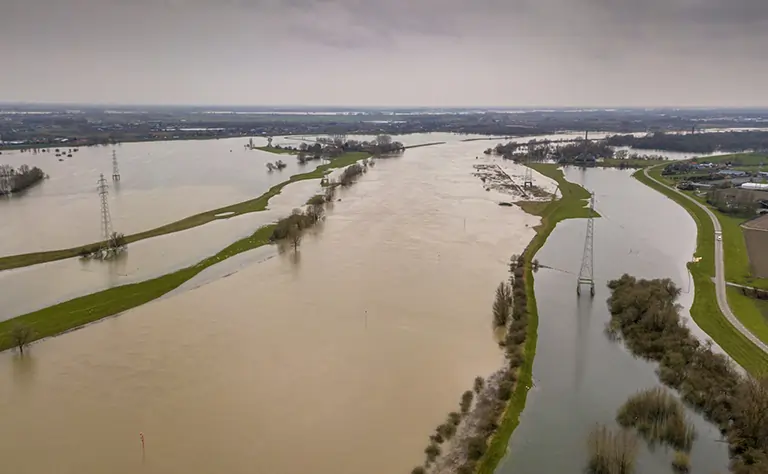The Nationalisation of Kenya’s Fuel Imports
As part of a bigger plan to relieve pressure on the country’s foreign reserves, Kenya plans to nationalise its imports of fuel. The East African country will now receive its petroleum products from Saudi Aramco, Emirates National Oil Company, and Abu Dhabi National Oil Company, three state-owned suppliers. According to Energy Minister Davis Chirchir, Aramco will supply diesel, while the Abu Dhabi National Oil Company (Adnoc) will transport diesel and jet fuel and the Dubai-based Emirates National Oil Company (ENOC) will supply gasoline. In contrast to the previous arrangement, where payment for cargoes was expected to be made within a week of delivery and required to be paid for on a monthly basis of about $500 million, the six-month credit-based supply contracts will last for 270 days and allow Kenya to defer payments for at least six months. The government plans to build up about $3 billion over six months and pay in deferred instalments to mitigate the loss of dollars.
According to Bloomberg, the government will seek advice on a credit facility from the Eastern and Southern African Trade and Development Bank. Other lenders who may be involved include KCB Bank, Standard Bank Group, Standard Chartered Bank, Abu Dhabi Commercial Bank, and Deutsche Bank.
As the country has fallen below the Kenyan Central Bank’s statutory requirement of maintaining minimum imports, the government intends to begin importing as early as April-May 2023. Foreign currency traders, according to Reuters, are sceptical that the plan will put pressure on the Kenyan currency.
Fuel marketers reported limited access to US dollars to purchase and stock up of petroleum products from t Kenya Pipeline Company depots, according to reports. This has resulted in fuel shortages at several stations across the country.
According to Reuters, some private petitioners had also challenged the Nationalisation of Fuel imports plan in the High Court. On Tuesday, the court will issue its preliminary decision on the case.
The World Bank’s Role in Financing Kenya’s Economic Development
Kenya’s government has taken a significant step towards strengthening its economy by nationalising fuel imports in a move that will provide better control over the country’s energy resources and enable Kenya to focus on boosting its agricultural exports. The World Bank’s development policy operation program, which aims to improve governance and facilitate private sector-led economic growth, will also contribute to the success of this initiative. This synergy between the government’s policy and the World Bank’s program will help Kenya realise its full potential across major sectors.
The recent debt repayment rating downgrade for Kenya earlier in the month did little to deter the country from seeking additional external debt. The World Bank Group recently approved a Sh32 billion increase in Kenya’s loan request, the East African nation is set to receive a hefty $1 billion dollars (Sh129 billion) in budgetary support come June.
The disbursement, under the Development Policy Operations (DPO) facility, will inject much-needed resources into Kenya’s coffers, helping to plug the budget deficit for fiscal year 2022-23. Kenya is grappling with many challenges, including a heavy debt load, lack of fiscal space, drought, and a weaker currency. The loan requires the approval of the bank’s board, which is expected to make a decision before the end of Kenya’s current financial year on June 30. The World Bank sees the program as a means to enhance sustainable, inclusive, and green growth, create fiscal space in a sustainable manner, increase competitiveness to boost agricultural exports, and improve governance to facilitate private sector-led development.
Development Policy Operations financing is a valuable tool in the World Bank’s arsenal, providing rapid disbursement to countries to meet actual or anticipated development financing needs. The loan is set to be approved late in the current fiscal year, with no meetings with Kenya scheduled for the next three months until May, as per the published multilateral lender’s board calendar.
The DPO financing, set for June, is expected to replenish Kenya’s depleted forex reserves, which have taken a hit from higher external debt repayments and Central Bank of Kenya support for the shilling through hard currency sales. The Treasury Cabinet Secretary Njuguna Ndung’u announced in December 2021, during the launch of the World Bank’s Country Partnership Framework for 2023-28, that while Kenya was initially targeting $750 billion, discussions were underway to increase the figure to $1 billion.
The DPO is the second of a pair of development operations launched in 2020 to provide low-cost budget financing as well as support for key policy and institutional reforms. In 2021, the World Bank loaned Kenya Sh80.9 billion ($750 million) to support its budget and help the country recover from the effects of the Covid-19 pandemic.
Despite the recent debt repayment rating downgrade, Kenya is forging ahead with its development plans, and with the World Bank’s support, the country is well-positioned to enhance sustainable growth, improve competitiveness, and facilitate private sector-led development.
"Kenya is taking bold steps to boost its economy, nationalising fuel imports for better energy control and securing $1B in World Bank support to plug budget gaps and drive sustainable growth. Aiming for a future of stronger governance and competitive exports. #Kenya #EconomicGrowth"
Balancing Kenya’s Oil and Sustainable Development
Kenya has a long history of receiving World Bank Group loans. These loans have been critical in supporting the country’s economic development, but they have not been without controversy. Questions have been raised about how the increased World Bank financing will affect nationalised fuel imports; will the World Bank’s financing help Kenya achieve its goal of reducing its reliance on private importers, or will it undermine the government’s efforts to nationalise?
In emerging nations, the World Bank has financed the oil industry with varying degrees of success. While the funding may be able to offer much-needed funds for infrastructure development, it may also lead to a reliance on fossil fuels and prolong the industry’s negative effects. In the instance of Kenya, World Bank funding may be able to assist the nation in developing its own clean energy infrastructure and lessen its dependency on oil imports, but it may also prolong the nation’s reliance on fossil fuels and undermine government efforts to nationalise the industry.
The World Bank has provided major funding to Kenya for a number of initiatives, including the improvement of its infrastructure and initiatives in agriculture, education, and health. As it provided funding for the development of the Mombasa oil refinery in the 1980s, the World Bank first became involved in Kenya’s oil industry. The loans have largely facilitated the nation’s development in these areas, but they have also had some unfavourable effects, such as high debt levels and the maintenance of inequities.
The Kenya Rural Enterprise Program (K-REP), which aimed to give credit and technical support to small-scale entrepreneurs in rural regions, was one of the most noteworthy World Bank-funded programmes in Kenya. The initiative was effective at encouraging entrepreneurship and raising the standard of living for many rural households. Yet, there were also worries about the program’s long-term viability due to the high loan default.
It is important to highlight that the World Bank has made efforts in recent years to refocus its lending priorities on poverty alleviation and sustainable development. The Climate Change Action Plan and the Maximising Funds for Development method fall under this category. Thus, extensive collaboration between the World Bank and the Kenyan government is necessary to ensure that the loan is aligned with these goals and does not have any unintended negative consequences.
The World Bank’s assistance in increasing Kenya’s debt load has been one of the country’s most significant effects. Kenya owes $34 billion in foreign debt, the majority of which is to institutions like the World Bank. The Kenyan government has recently been forced to devote a large percentage of its budget to paying off debt, which has hampered its capacity to make investments in infrastructure and social services.
The impact of World Bank loans on Kenya’s economic policy is another effect of those loans. Kenya has frequently been asked by the World Bank to execute specific policy reforms in exchange for loans, such as privatising state-owned businesses and cutting government subsidies. Although these measures were designed to increase the Kenyan economy’s efficiency, they have also come under fire for escalating poverty and inequality.
